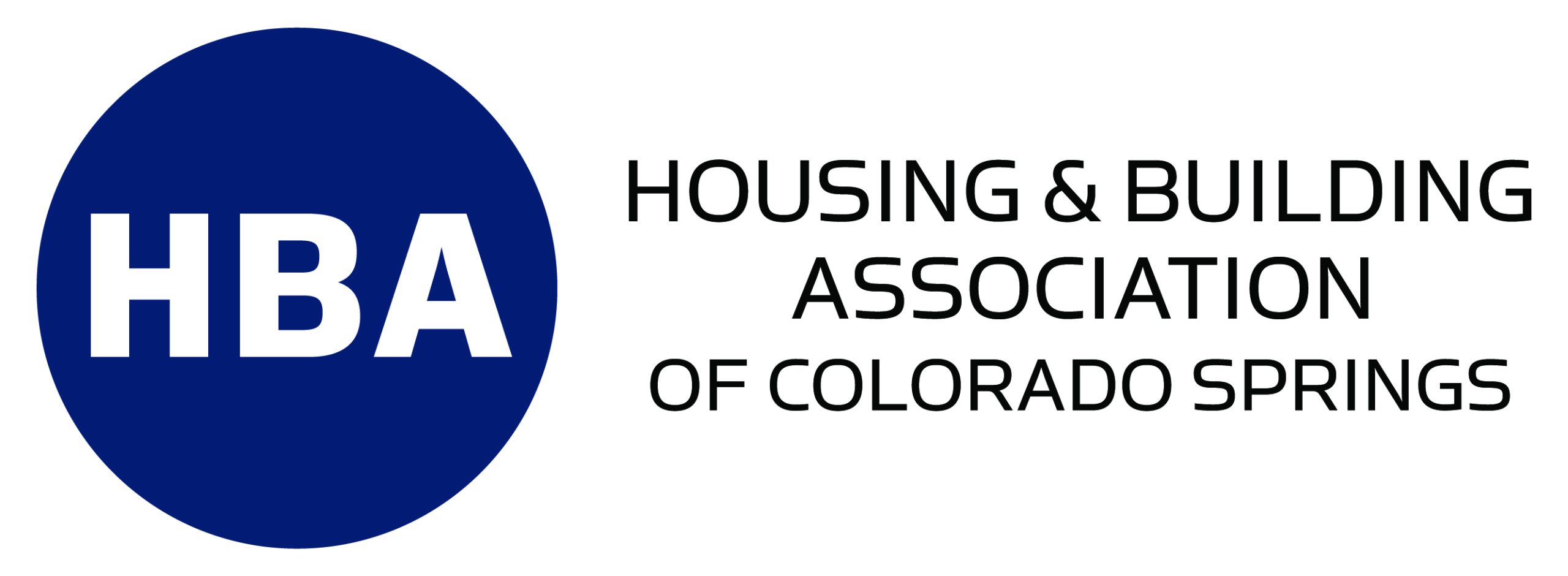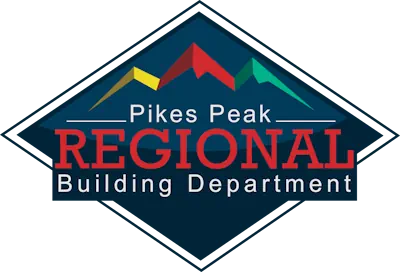CONSTRUCTION CODES & STANDARDS COMMITTEE
CHAIR
Rhett Osko
Classic Homes
VICE-CHAIR
Erik Bansberg
JM Weston Homes
STAFF LIAISON
Paula Kim
Regulatory Affairs Coordinator
THE COMMITTEE’S PURPOSE
Members meet with representatives from the City of Colorado Springs, El Paso County and Regional Building Department and other public agencies to discuss everyday operations, codes, regulations, policies and processes related to residential and commercial construction.
MEETINGS
For information regarding the Construction Codes & Standards Committee, contact Paula Kim at 719-592-1800 x 127 or via EMAIL.
ACTIVE COMMITTEE ITEMS
2023 Pikes Peak Regional Building Code – IMPLEMENTATION June 30, 2023
All eight of the jurisdictions served by the Pikes Peak Regional Building Department have now signed off on the new 2023 Pikes Peak Regional Building Code.
- All current Master Plans, approved for use with the 2017 Pikes Peak Regional Building Code, will expire at 11:59 p.m. on Thursday, June 29, 2023. There is NO grace period with this implementation date, all permits after June 29 will be required to conform with the 2023PPRBC.
- RBD is offering 2 options for updating Master Plans for one-and two-family dwellings to the 2023PPRBC.
- NEW requirement for plumbing and electrical sheets to be included in the Master and site specific plan submittals.
Colorado State Energy Board Update
The Colorado General Assembly passed the Building Energy Codes law (HB22-1362 Building Greenhouse Gas Emissions) in May of 2022. This law directs the Colorado Energy Office (CEO) and the Department of Local Affairs (DOLA) to jointly appoint and convene the newly created Energy Code Board to review, approve, and recommend energy codes for new buildings and retrofits to existing buildings. The legislation directs the Energy Code Board to perform the following work:
- Model Electric Ready and Solar Ready Code – the Energy Code Board will develop and adopt a model electric ready code and solar ready code with the intent to prepare new homes and buildings for electric vehicles, rooftop solar, and high efficiency electric appliances. These codes must be adopted by the Board on or before June 1, 2023. Cities and counties with building codes must adopt at least the 2021 International Energy Conservation Code (IECC) when they update other building codes between July 1, 2023 and July 1, 2026. This adoption must include the electric and solar ready provisions in the model electric ready and solar ready code.
- Model Low Energy and Carbon Code – the Energy Code Board will develop and adopt a model low energy and carbon code with the intent of minimizing overall carbon dioxide emissions associated with new and renovated homes and commercial buildings, based on either the 2021 IECC or the 2024 IECC, plus any appendices and the model electric ready and solar ready code. This code must be adopted by the Board on or before June 1, 2025. Cities and counties with building codes must adopt the model low energy and carbon code when they update other building codes after July 1, 2026.
In addition to the work of the Energy Code Board, the Colorado Energy Office is directed by this legislation to perform the following work:
- Model Green Code – CEO will promote a model green code that local governments may voluntarily adopt, in addition to the required energy code. The model green code addresses building attributes such as materials, water use, and indoor air quality.
- Code Training Assistance and Building Upgrades – the Legislature appropriated $4 million for CEO to provide code training and assistance, along with $21 million to support decarbonization of public buildings and communities with a focus on incentives for lower income households and historically disadvantaged communities.
cITY OF COLORADO SPRINGS’ STORMWATER ENTERPRISE
Homebuilding Lot Templates – City Stormwater Construction Manual
The new Associate Permit process under the Stormwater Construction Manual will require individual lot applications that reference proposed lot CCM’s (Construction Control Measures) to be installed per provided lot templates.
Erosion Control Examples for Individual Home Sites:
Atypical Lot
Typical Lot Type A
Typical Lot Type B G, W/O
cOLORADO SPRINGS FIRE DEPARTMENT – CONSTRUCTION SERVICES
Working in the Wildland Urban Interface (WUI) | Visit CSFD’s website for more information.
As a result of the Waldo Canyon Fire (2012) and the disastrous outcomes that were experienced, the Colorado Springs Fire Department (CSFD), in partnership with the Housing and Building Association of Colorado Springs (HBA), collaborated to address some critical issues in house design and construction. The result of the collaborated effort was the modification of City code language to safely and reasonably protect those residents who are rebuilding homes in the Waldo Canyon Fire Burn Area or building new homes in any portion of the city of Colorado Springs WUI. The collaboration also resulted in an Ignition Resistant Construction Design Manual that is to be used in conjunction with the 2015 IFC Appendix K. with the intent to show builders and landscapers what construction materials and vegetation requirements they must follow in order to reduce the risk of ignition to a home from an exposure fire.

